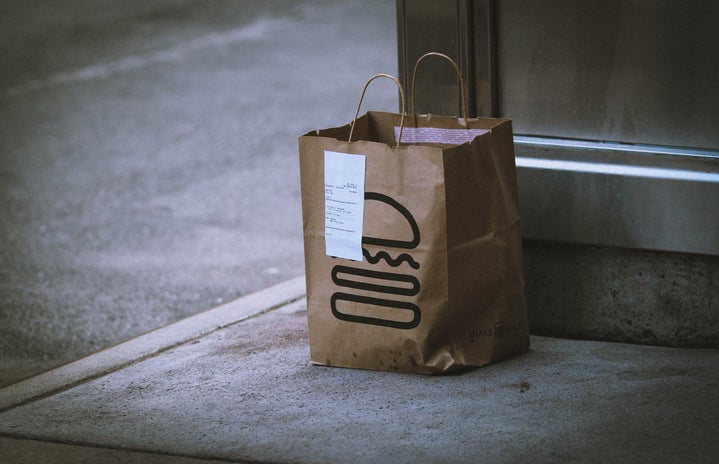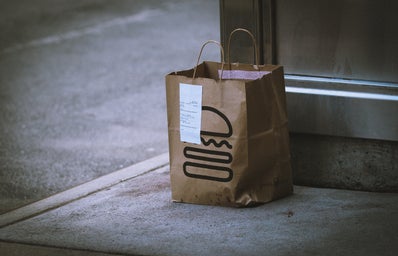Disclaimer: When discussing “delivery apps”, I am largely referring to applications like Uber Eats and Grubhub that exclusively cater to restaurant chains.
One of my newfound discoveries during quarantine, besides Animal Crossing and Spotify Premium, was Doordash—the ability to instantly order from my favorite restaurants (especially the local ones!) with the convenience of never leaving my couch. In fact, these delivery apps were so much so part of peoples’ lives this year that revenues from these apps grew 226% in 2020 alone.
Drew Gooden—no, not the basketball player, rather the “ ‘road work ahead? I sure hope it does’ guy”—has formulated a niche for himself on the website by commentating on current events in a lighthearted way. It was one of these commentary-style videos that led me to write this article—namely, “Delivery Apps Screw Over Everyone”. In all honesty, I could just leave this video here because Drew explains it far better than I possibly could in a fourteen-minute clip. But as a college student myself and someone who is fairly anxious after realizing they will need to cook all their own meals come January, this video applies to me and those around my age more than anyone else.
I’m sure you have heard of the horror stories of Uber Eats, DoorDash, Postmates, and the likes by now. In fact, throughout this pandemic, it would have been hard not to. Whilst orders placed through grocery middlemen like Amazon Foods and Instacart peaked in the height of the coronavirus, third-party food delivery companies had their field day, or rather year. When restaurant and fast food chains closed their doors and only allowed contactless interaction, many were left at a loss when conducting deliveries themselves was too expensive. Like a knight in shining armor, these delivery apps came to their rescue. But with a catch, of course, to take a good portion of their profits. I know it seems like we almost always hear of the customer’s perspective on their “worst encounter with Uber Eats” or “why I will not be ordering from DoorDash again” but the restaurants themselves are also suffering

But wee know of the consequences of capitalism and we are subject to such activities because of health crises like COVID-19. But as someone who knows people who boast about “postmating their lunch every day” or “not caring enough to make food”, limitations like these affect us on a massive scale. I am not one to exclude myself. In these last few months, I have resorted to DoorDash to provide my biweekly (every two weeks) special Subway order. But that’s exactly what it is, a special meal I only submit when I like to treat myself, not a daily or alternate occurrence. So if you have that same privilege of not needing to order every day and having the luxury of time and money, please do not take it for granted. Space your orders out and try to order from local restaurants, or even see if they provide their own delivery option. Whatever it may be, we have come past the need to allow for the oligomerization of one of life’s biggest necessities.


